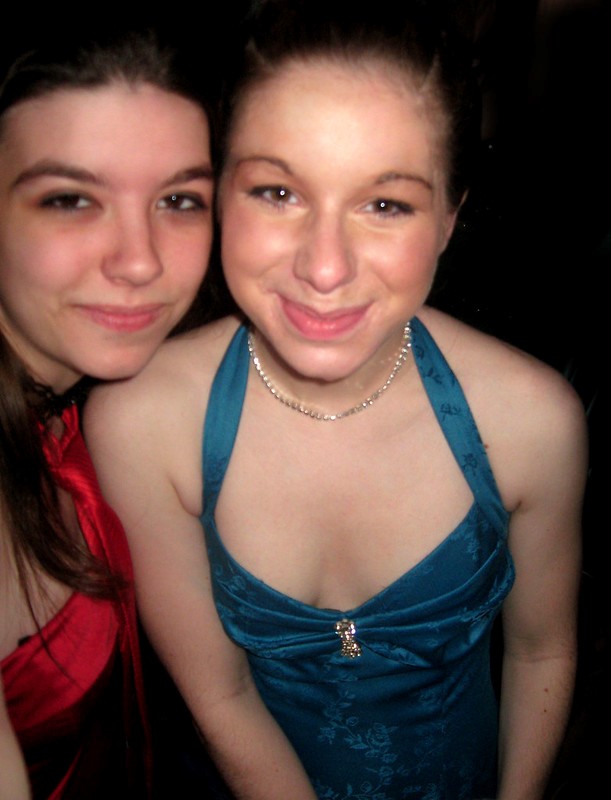What to Do When One Is More Like You

Having two same-age children makes relating to each one individually a challenge. Of course, that is the vital task for parents raising twins. We may be naturally inclined to identify more with one twin than the other because they are very different children. At times, we might identify with the one who is more like us or perhaps with the one who is less like us. Whichever is the case, being aware of our predilections is important so we can compensate when need be and overidentification with one twin or the other does not evolve into transparent favoritism. While the same thinking applies to siblings of different ages, the mental gymnastics required to juggle twins is a habitual challenge.
A mom of twelve-year-old identical twins told me how her daughters’ different approaches to homework drive her crazy. One daughter is exactly like the mother was in her school days—diligent, hardworking, and conscientious. In fact, if the teacher asks for eight sentences, this daughter writes twelve. She is an overachiever who thrives on doing well. However, the other daughter is the complete opposite. She races through her homework, only doing the bare minimum that is required. She just gets by, seemingly unfazed and uninterested in doing more. The mom cannot understand her daughter’s carefree attitude or lack of effort.
However, if this same youngster receives a project to invent, fix, or create, she is all over it—intensely engaged, incentivized, and driven. The mom manages her frustration and fear with this project-driven daughter by keeping in mind that her skills, intensity, and inventiveness will serve her well in life. Her future success will not be determined by finished homework assignments or perfect grades. Since the mom struggles with this divergent sensibility, she remains conscious about her differences with the dissimilar twin and her natural tendency to venerate the similar daughter. This is a delicate emotional balancing act. Yet, we who parent twins must strive to achieve this same symmetry—stepping back and appreciating each child’s gifts and talents. In the end, parenting is not about us but about who our children become and how we can help them grow into their separate selves.
Image courtesy of Christina Welsh (CC BY-ND 2.0)

